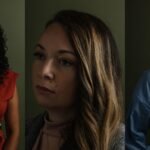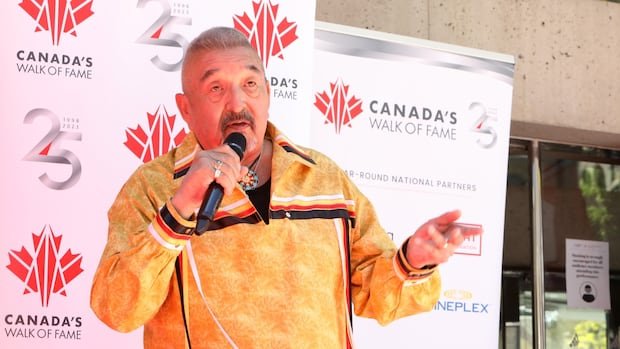Federal lawyers are asking a court to dismiss a group of survivors’ fight to hold Canada accountable for withholding evidence of widespread abuse at St. Anne’s Indian Residential School during class-action compensation hearings.
The decade-old legal saga continues this week in Ontario Superior Court in Toronto, where former students of the infamous Fort Albany Catholic school are responding to the government.
Faced with largely technical arguments, Edmund Metatawabin, a former chief of the Fort Albany First Nation who is leading the fight, said his group is used to such tactics but continues to push for truth.
“The only thing they’re interested in is that truth,” Metatawabin said.
“We really don’t want anyone to suffer, but we also don’t want things to be whitewashed.”
The case concerns the implementation of the 2006 Indian Residential Schools Settlement Agreement. The class action settlement offered former students guaranteed common experience pay and an independent assessment process, or IAP, to hear and adjudicate complaints of abuse.
But when those IAP claims began, “they were heard under false reports,” Fay Brunning, an attorney for the group, said in court Tuesday.
From 2006 to 2014, Canada reported that it had no documents regarding sexual abuse at St. Anne’s, which operated from 1906 to 1978 on the coast of James Bay. In reality, the Department of Justice had about 12,000 records of police investigations and relevant documents from criminal trials and civil lawsuits.
At 47,000 pages, these undisclosed documents contained accusations and evidence of assaults, rapes, sexual humiliations, punishments with a makeshift electric chair or a cat-o-nine-tails whip, and sick children forced to eat their own vomit.
“They were prey to the demented pedophiles and physical abusers who ran St. Anne’s,” reads the written argument by Brunning and attorney Michael Swinwood.
The Assembly of First Nations, an advocacy organization of chiefs across the country and a party to the settlement agreement, is involved and supporting the survivors.
“We are deeply concerned by Canada’s attempts to block this critical case on technical grounds,” national chief Cindy Woodhouse Nepinak said in a statement.
“We urge Canada to reconsider its approach and allow the case to move forward on its merits, rather than relying on technical arguments to limit or dismiss these claims.”
Between 1992 and 1997, the Ontario Provincial Police launched an extensive criminal investigation into the alleged abuses. They interviewed more than 700 witnesses, took 900 sworn statements and confiscated more than 7,000 documents from ecclesiastical entities.
Police eventually charged seven former school officials and obtained five convictions. In the early 2000s, the fight moved to civil courts, where 152 survivors filed 61 lawsuits naming 180 alleged perpetrators and abusers.
In 2014, Metatawabin and the group obtained a court order confirming that Canada breached its disclosure obligations by failing to produce this vast trove of material, but the court did not rule on whether Ottawa acted in bad faith.
‘We are used to not being listened to’
The group has since fought to hold Canada responsible for the violation, alleging that the claims may have been affected by the suppression of evidence supporting them.
At least 166 and perhaps as many as 250 Indians did not receive the benefits they were promised or the fair process they were owed, Brunning told Judge Benjamin Glustein.
The survivors seek to reopen those claims and for the court to order a review of the government’s conduct.

Canada wants the request rejected on technicalities and procedural grounds. The government, which opened the hearing on Monday, argues that the request was submitted after the deadline for such requests and seeks to reopen issues already decided.
“It is out of time and an abuse of process through new litigation,” Canada’s written argument reads.
Metatawabin is not surprised by Canada’s approach, which he sees as a delaying tactic.
“We’re used to it. We’re used to not being heard,” he said.
Canada has long fought St. Anne’s survivors, spending at least $3.2 million on the legal battle from 2013 to 2020. With the IAP due to end in 2021, the Liberal government acknowledged the broken trust and called for a review of the offset of 427 St. Anne. claims.
Retired judge Ian Pitfield ultimately concluded that non-disclosure may have impacted 11 claims, all related to alleged abuse between students.
Canada’s written argument says 96 per cent of St. Anne’s plaintiffs who alleged abuse received compensation, paying $31.9 million since 2017.
Canada’s argument says the operation of boarding schools was “a dark and painful chapter in our country’s history” and acknowledges that some of the most serious incidents of abuse in that system occurred at St. Anne’s.
However, the government also argues that Metatawabin’s request raises issues that could have been raised seven years ago and that filing it now “would not result in injustice.”
The hearing continues this week and Canada will respond.








